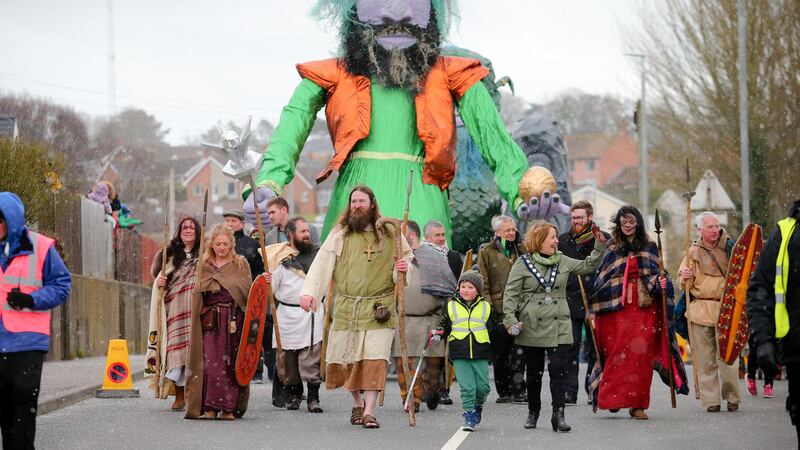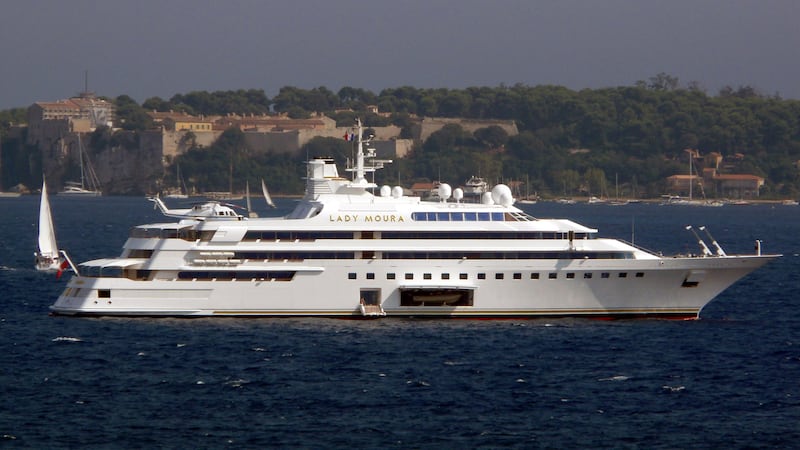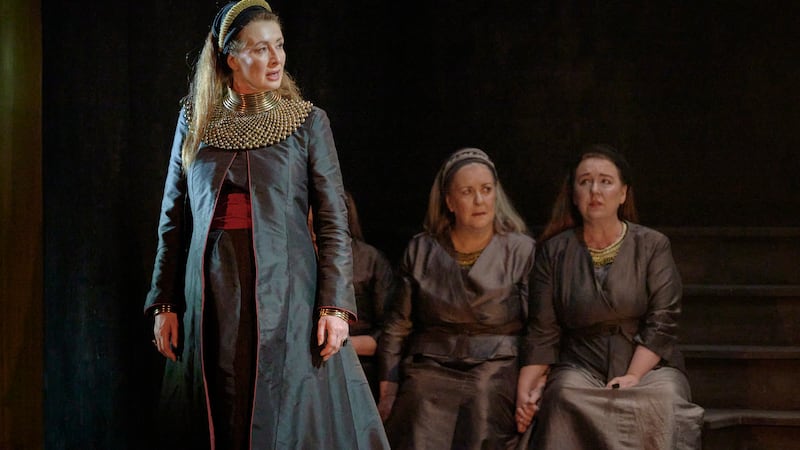HAIL GLORIOUS followers of St Patrick, dear saint of our isle, you are all welcome to the Bluffer’s Guide to Irish.
If it’s true that ruaig Naomh Pádraig na nathracha nimhe uilig as Éirinn - St Patrick banished all the snakes from Ireland, wouldn’t it be great if he made a comeback to rid us of Coronavirus? Where’s your naomhphátrún - your patron saint when you need him, eh?
Still, we Irish are still exceptionally fond of the duine as baile isteach - the blow-in from the island of Britain (as opposed to island of Ireland).
He didn’t speak a word of Irish when he got here but after a few dianchúrsaí - crash courses he knew enough to convert a whole nation made up of a patchwork of kingdoms and clans to an Chríostaíocht - Christianity.
Thiontaigh sé ina gCríostaithe iad - literally, he turned them into Christians.
The religious version of Jack Charlton certainly left his mark with ardeaglaisí - cathedrals, scoileanna - schools, a soccer team in Dublin, a battalion of Irish immigrants who fought for Mexico against the United States 1846-48 and much, much more named in his honour.
And no wonder. With the arrival of Christianity in Ireland, this little country, as in many other spheres, punched well above its weight in matters ecclesiastical.
The Irish took to an creideamh úr - the new religion like ducks to water and started spreading the news far and wide at a very important time i ndiaidh thitim Impireacht na Róimhe - after the fall of the Roman Empire.
Ireland became oileán na naomh is na mbard - the land of saints and scholars.
In his book, How the Irish saved Civilization, Thomas Cahill tells us of how learning, scholarship and culture disappeared from mór-roinn na hEorpa - the continent of Europe
“The great heritage of Western civilization –from the Greek and Roman classics to Jewish and Christian works – would have been utterly lost were it not for the holy men and women of the unconquered Ireland.”
And all this thanks to a boy who came to Ireland as a sclábhaí - a slave and who worked as a shepherd on Sliabh Mis - Slemish mountain, east of Ballymena on what was the zero- hours contract of its day.
“The hours suit him,” said Miliuc, the farm- owner, although Patrick himself was busy praying that he could make it back home.
Bhí sé ag guí/ag urnaí both mean he was praying while paidir is the most common word for a prayer.
However, whenever he managed to get back to his native land and had become a priest, he heard voices telling him to return to Ireland to convert the Pagan Irish and so, in 432AD he made the return journey to Ireland, not as a slave this time, but as a Christian evangelist spreading the Gospel hither and thither.
But not only that, Patrick is also credited with bringing the written word to Ireland and it’s possible that the first words written in Irish were put down shortly after he arrived.
So if you are drowning your shamrock with a lockdown pint, bear that in mind.
CÚPLA FOCAL
ruaig Naomh Pádraig na nathracha nimhe uilig as Éirinn (rooig neeoo paadreeg ne nahraha nyive ilig as erin) - St Patrick banished all the snakes from Ireland
naomhphátrún(neeoofatroon) - a patron saint
duine as baile isteach(dinya is balla istyakh) - a blow-in
dianchúrsaí(jeeankhursee) - crash courses
An Chríostaíocht(un creesteeakht) - Christianity
Thiontaigh sé ina gCríostaithe iad(huntee shay ina greesteeha aid) - he turned them into Christians
ardeaglaisí(arduglishee) - cathedrals
scoileanna(skulana) - schools
an creideamh úr(un crejoo oor) - the new religion
i ndiaidh thitim Impireacht na Róimhe(i nyay hitchim impirakht na ro-iva) - after the fall of thet Roman Empire
oileán na naomh is na mbard(ilaan ne neeoo is na mard) - the land of saints and scholars
mór-roinn na hEorpa (mor-rin ne horapa) - the continent of Europe
sclábhaí(sklaowee) - a slave
Sliabh Mis(shleeoo mish) - Slemish
Bhí sé ag guí/ag urnaí (vee shay eg gee/eg urnee) - he was praying
paidir(padger) - a prayer


